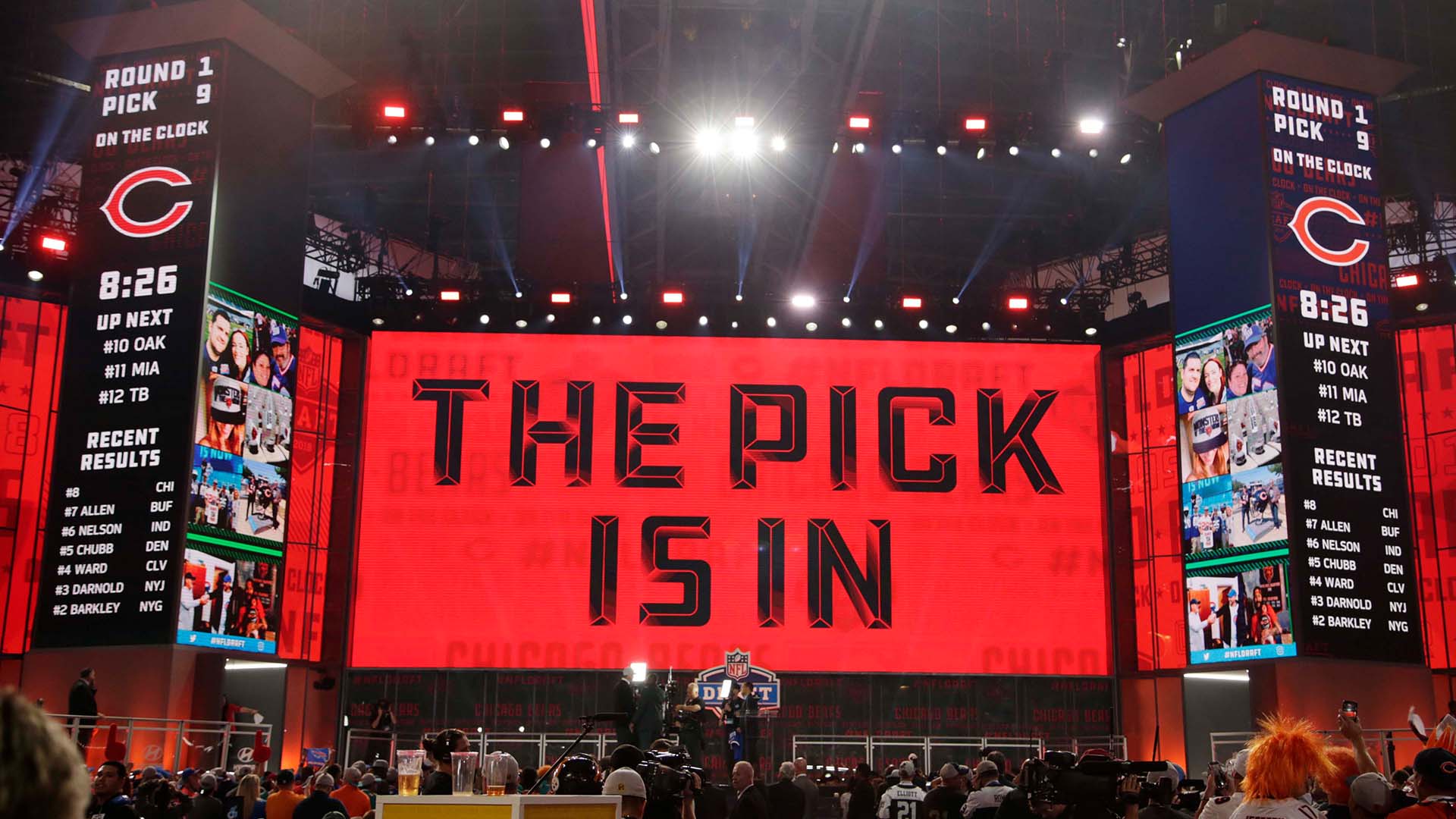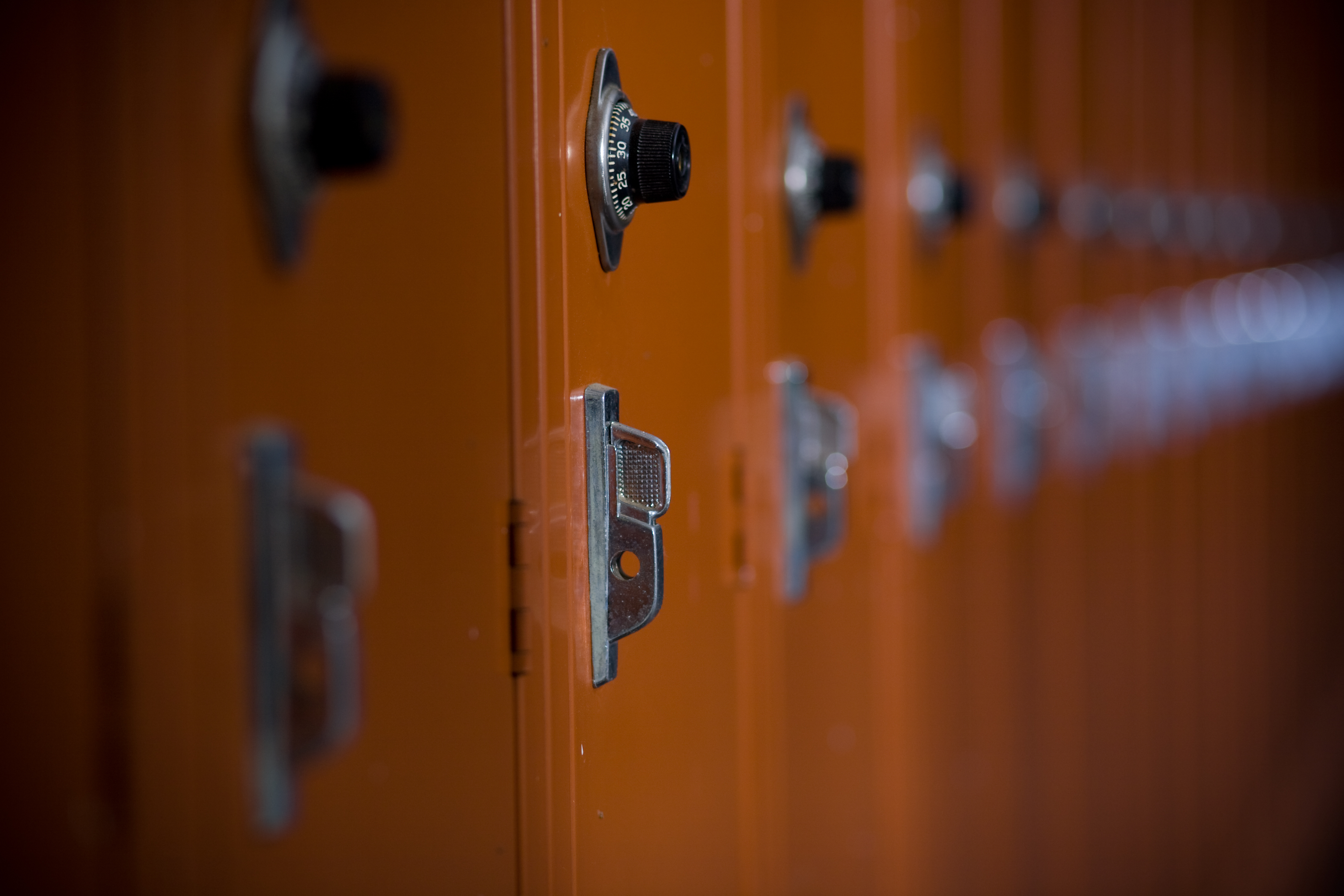More bad news for the governor: his plan to bring billions of dollars into state coffers by leasing the state lottery to private operators might be illegal.
State officials are pondering an opinion issued by the Office of Legal Counsel in the U.S. Department of Justice that "concludes that states may contract with private management firms to operate their lotteries, but that the state must maintain control over significant business decisions made by the lottery," Inside Indiana Businessreports.
Conforming to that standard would conflict with the way most states, including Illinois, intend to privatize their lotteries. The opinion was issued, Inside Indiana Business reports, "because a number of states, including California, New Jersey, Illinois, Colorado, Florida, Michigan, Texas, New York, and Indiana, have proposed the long-term lease of their state lotteries in order to fund investments ranging from infrastructure to education."
As a result of the ruling, Indiana Gov. Mitch Daniels has dropped plans to lease his state's lottery.
Gov. Rod Blagojevich hasn't made a decision yet. "We will review the advisory opinion before any comment, but we believe the facts and circumstances of the Illinois lottery lease proposal are different than Indiana proposal," a Blagojevich spokeswoman told Reuters.
"The state had hoped to pocket $10 billion or more from such a deal to finance construction spending," the Daily Heraldreports today.
"The Department of Justice filing is not binding, but throws up a serious political hurdle for Illinois and the handful of other states considering privatizing their lotteries. If nothing else, it would almost assuredly be the basis of a federal lawsuit should any deal emerge from Springfield. The House and Senate approved competing lottery lease plans this year." State Sen. Jeff Schoenberg, a Democrat from Evanston, sponsored the Senate version. He told the Bloomington Pantagraph that the proposal could be re-written to comply with federal rules, but the result would be far less appealing to both the state and a private operator.
Local
“The landscape has changed dramatically,” Schoenberg said.



